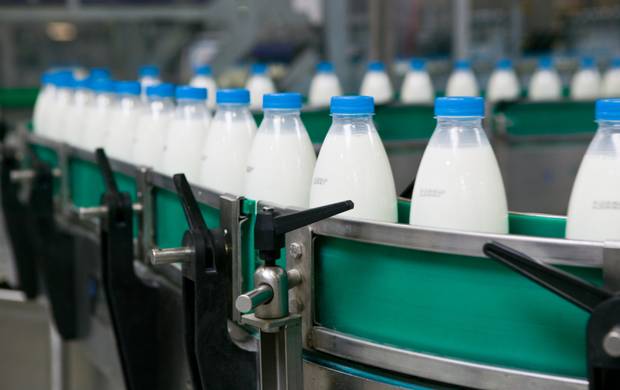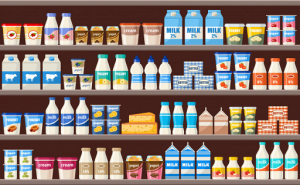
In this series, Dr. Greg Miller, Ph.D., FACN, answers questions received from the health and wellness community.
Answer: There is an extensive body of research linking milk consumption to health benefits. Although milk and plant-based alternatives sit side-by-side in the dairy case, non-dairy alternatives often do not provide the same nutrient profile as cow’s milk.
You can count on cow’s milk to have a consistent composition as reflected in its standard of identity. By contrast, the composition of plant-based alternatives varies by brand.
Here are a few more things to keep in mind as you help people navigate their beverage choices:
You may be interested in
- Topics |
- Dairy, DairyCo, Milk, Milk allergy
Legal notice about Intellectual Property in digital contents. All information contained in these pages that is NOT owned by eDairy News and is NOT considered “public domain” by legal regulations, are registered trademarks of their respective owners and recognized by our company as such. The publication on the eDairy News website is made for the purpose of gathering information, respecting the rules contained in the Berne Convention for the Protection of Literary and Artistic Works; in Law 11.723 and other applicable rules. Any claim arising from the information contained in the eDairy News website shall be subject to the jurisdiction of the Ordinary Courts of the First Judicial District of the Province of Córdoba, Argentina, with seat in the City of Córdoba, excluding any other jurisdiction, including the Federal.























